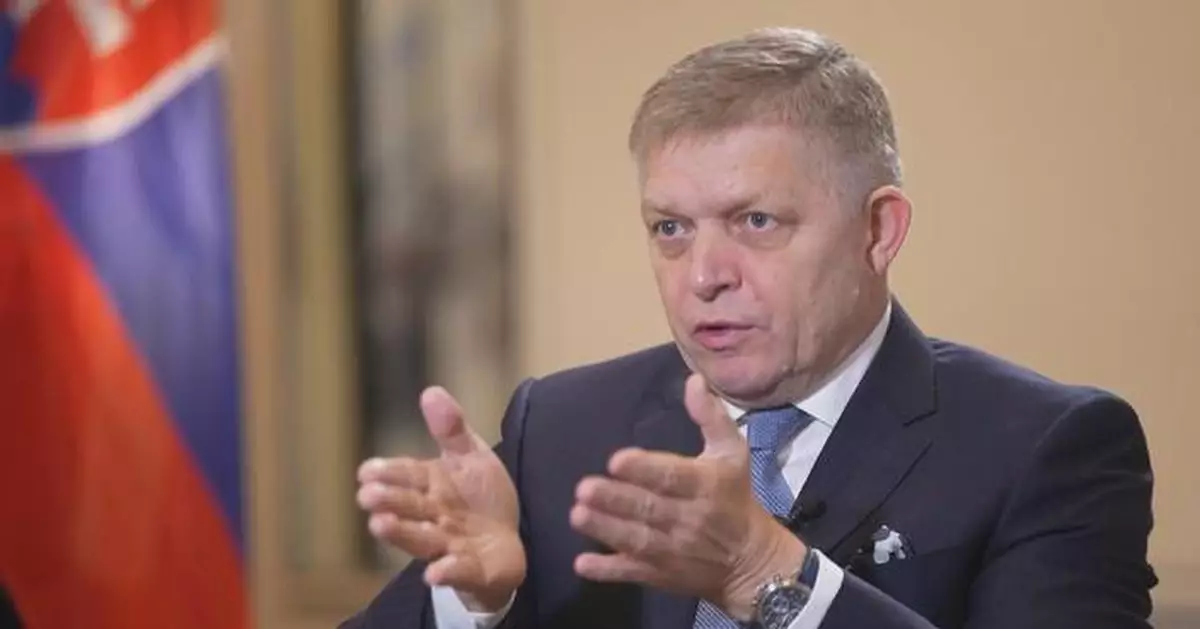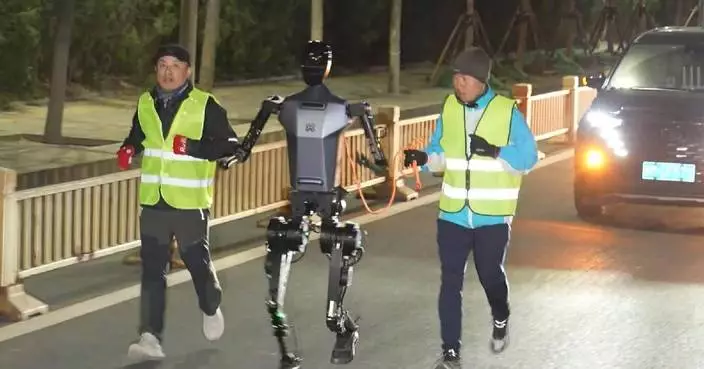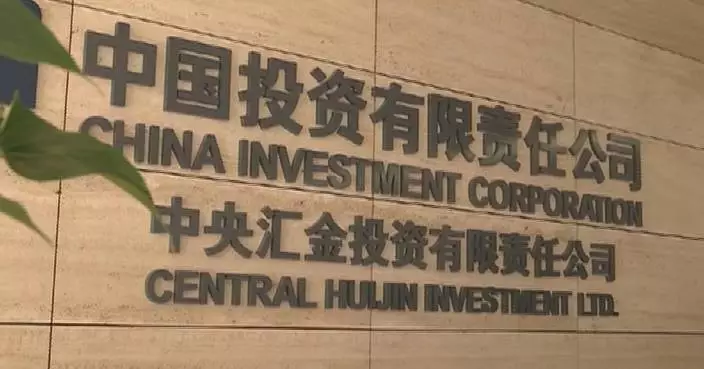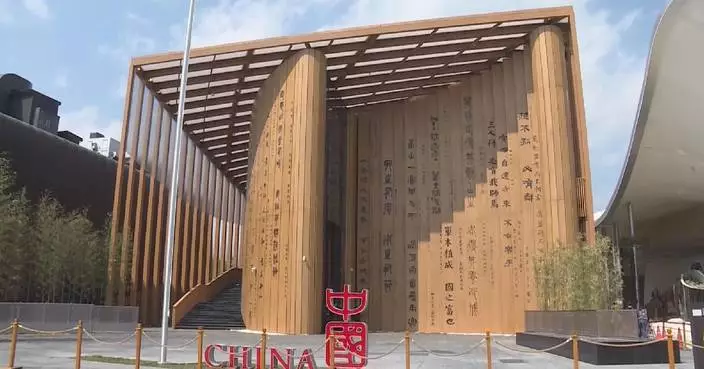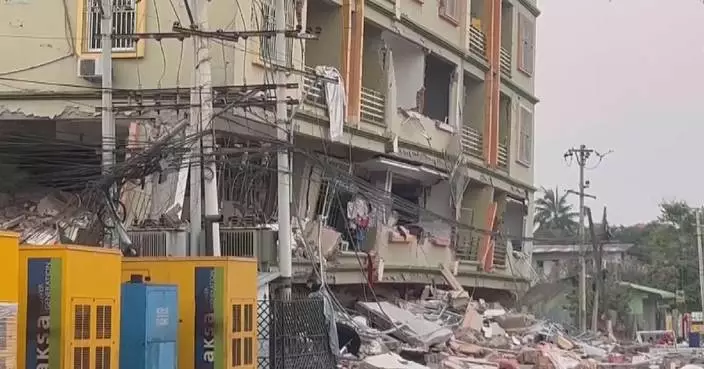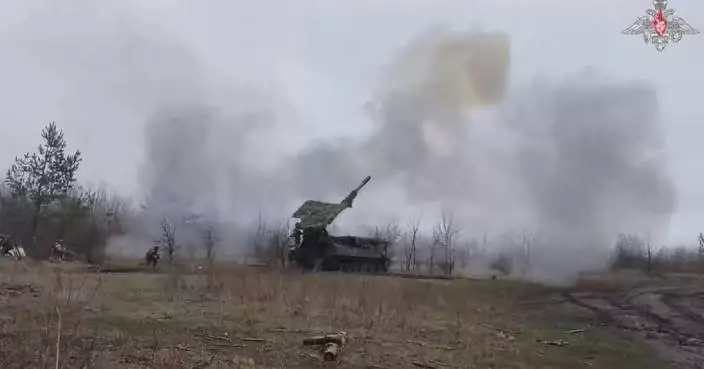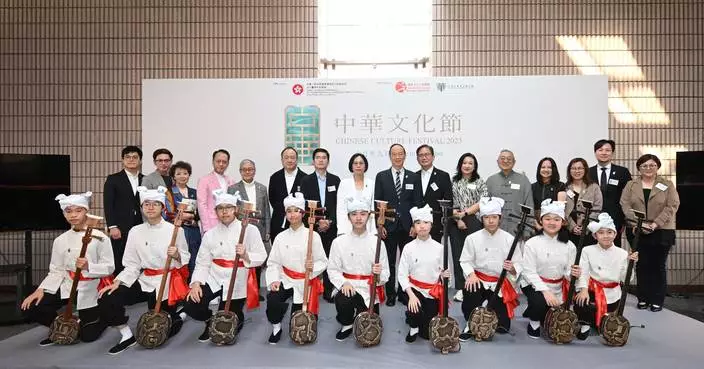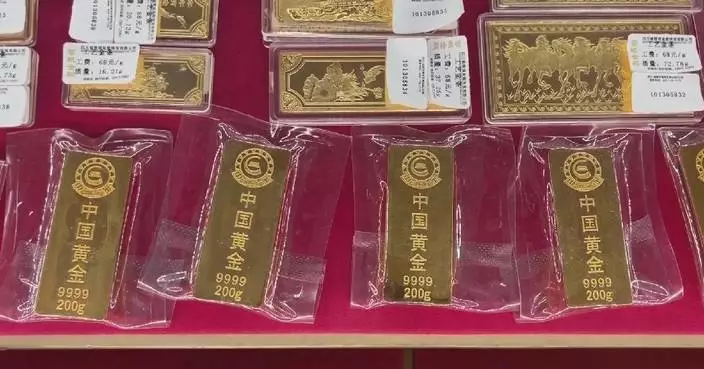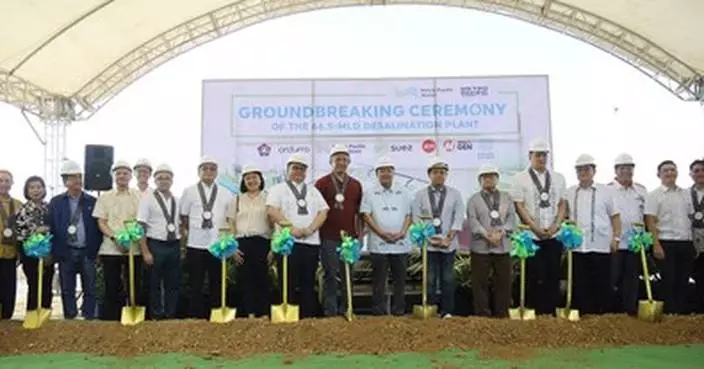Slovak Prime Minister Robert Fico hails the ongoing 7th China International Import Expo (CIIE) in Shanghai as a vital platform to explore vast business prospects and further strengthen economic and trade relations between China and Slovakia.
The CIIE is the world's first national-level exposition dedicated to imports. Running from November 5 to 10 under the theme of "New Era, Shared Future," the 7th CIIE has brought together exhibitors from 152 countries, regions and international organizations to participate in its country exhibition and business exhibition.
A total of 77 countries and international organizations are participating in the country exhibition, including Slovakia making its debut at the event, which serves as an important platform for showcasing the comprehensive image of various countries and opportunities in trade and investment. Slovakia's participation in the expo comes amidst the country's strengthening of economic ties with China, marked by three consecutive years of bilateral trade exceeding 10 billion U.S. dollars.
Slovakia currently stands as China's fourth-largest trading partner and largest source of imports in Central and Eastern Europe. Additionally, Chinese investments in Slovakia have surpassed 600 million U.S. dollars, creating over 5,000 jobs in the country, according to incomplete statistics.
"Our two countries differ significantly in size. Slovakia is a small nation with a population of 5.5 million and limited land area, incomparable to China's vastness. However, I deeply value the mutual respect demonstrated in our cooperation. As equal partners, we collaborate exceptionally well and explore various cooperative opportunities. Participating in an expo like today's CIIE, especially with the significant presence of numerous enterprises, undoubtedly presents tremendous business prospects for the Slovak delegation. We must strive to identify opportunities that allow our Slovak entrepreneurs to engage more extensively in activities within China," said Fico in an interview with China Media Group (CMG) on Tuesday on the sidelines of the event.
Moreover, Fico also expressed confidence in the continued growth of bilateral economic and trade cooperation at the China-Slovakia Economic and Trade Forum on November 1 in Beijing, saying the forum itself marks an important step forward in China-Slovakia relations and economic and trade cooperation.
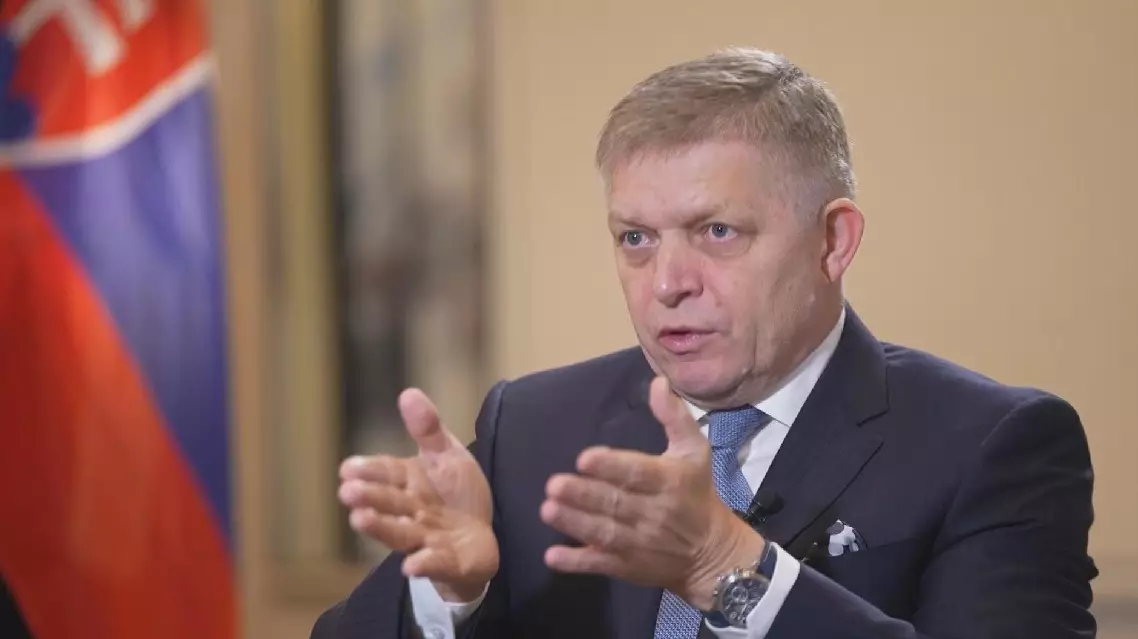
Slovak prime minister sees vast opportunities at expo, optimistic about deepening China-Slovakia ties
A Brazilian national who was deported by the United States in January this year recounted the discriminatory and inhumane treatment he encountered during the repatriation in an interview with China Central Television (CCTV).
Jefferson Faustino was among the 88 deported Brazilians sent by a charter flight from the U.S. to Manaus, a city in northern Brazil, on Jan 24.
During dozens of hours of flight, they were handcuffed, shackled, and denied food and bathroom, and they almost lost their lives to an air conditioning fault, according to Faustino.
"They gave us water in very small bottles on the plane. And I couldn't drink it, because my hands were cuffed to the waist chain. So I had to bend down hard and squash the bottle to spray water into my mouth, because otherwise I wouldn't be able to reach the water at all. Even by doing so, I couldn't get water. When I squeeze the bottle, the water sprayed out and soaked me all over. In the 48 hours of repatriation, they distributed food only one time. It was a spoiled sandwich. The sandwich they gave turned purplish color. I was starving. What could I do? I had to eat," Faustino said.
"In the 48 hours of repatriation, they distributed food only one time. It was a spoiled sandwich. The sandwich they gave me was purple. I was starving. What could I do? I had to eat," he added.
Meanwhile, the American crew enjoyed fresh food and water, Faustino told CCTV.
"No, they had very good food. Every meal, they went over there to heat up box lunches and drink water. The cabin cabinets were full of lunch boxes, full of food, but they didn't give us that food," he said.
The Brazilian deportees protested the unfair treatment and asked for the food and water, but they were not given a response, because of the language barrier, Faustino recalled.
"Yes, we asked. We spoke loudly to them, but the crew didn't speak Portuguese or Spanish, only English. It's a humiliation to us the Brazilians, because we didn't have food and couldn't use the bathroom. The children were crying," he said.
After the plane arrived in Manaus, the air conditioning system broke down and the crew got off the plane, leaving the deportees suffocating in the enclosure.
"People couldn't breathe. The cabin was out of air. I managed to open an emergency exit door and shouted to the police: 'Help! Help! Help!' I yelled for help, asking them to come and save us, because I thought I was dying, I was dying," Faustino said.
The Brazilian government deemed this treatment "degrading" and "unacceptable", with the country's foreign ministry summoning the charge d'affaires of the U.S. Embassy to request an explanation over the issue on Jan 26.
"The U.S. government should be held accountable. Why didn't they train these people responsible for transporting deportees. Since the Trump administration came to power, it has created conflicts in American society and adopted policies that are completely against democracy and public opinion, disrupting relations between the U.S. and its economic and political partners," said Rinaldo Leal, a Brazilian lawyer.
U.S. President Donald Trump signed on his inauguration day an executive order that called for mass deportations of undocumented migrants. Since then, raids and deportations of undocumented migrants, especially those from Latin America, have continued to ramp up.
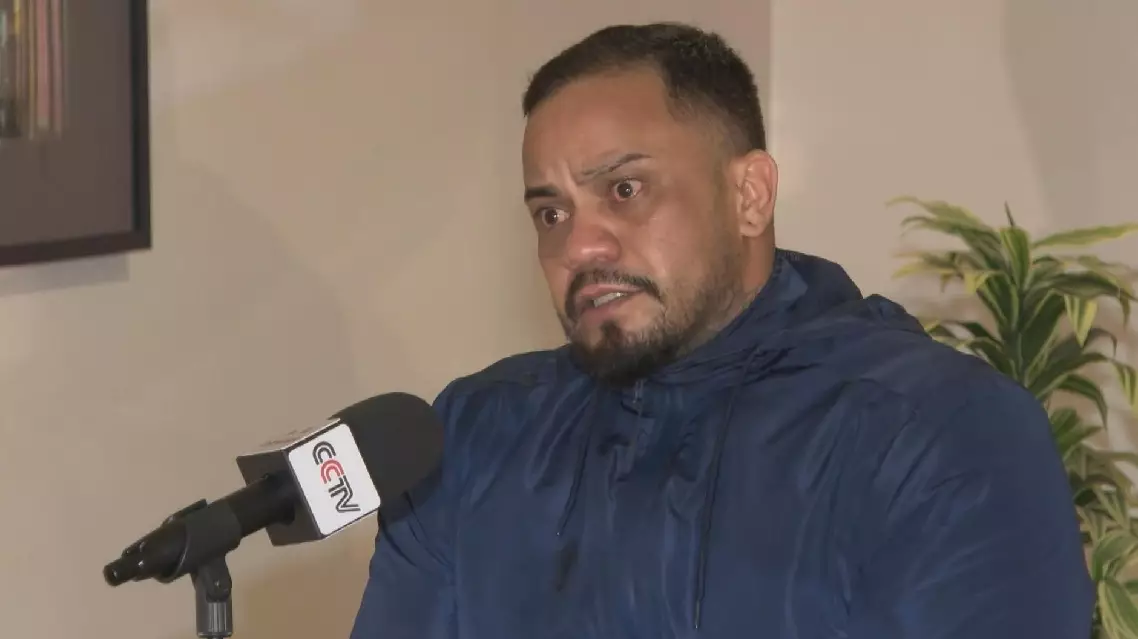
Brazilian deportee recounts inhumane treatment during flight from US
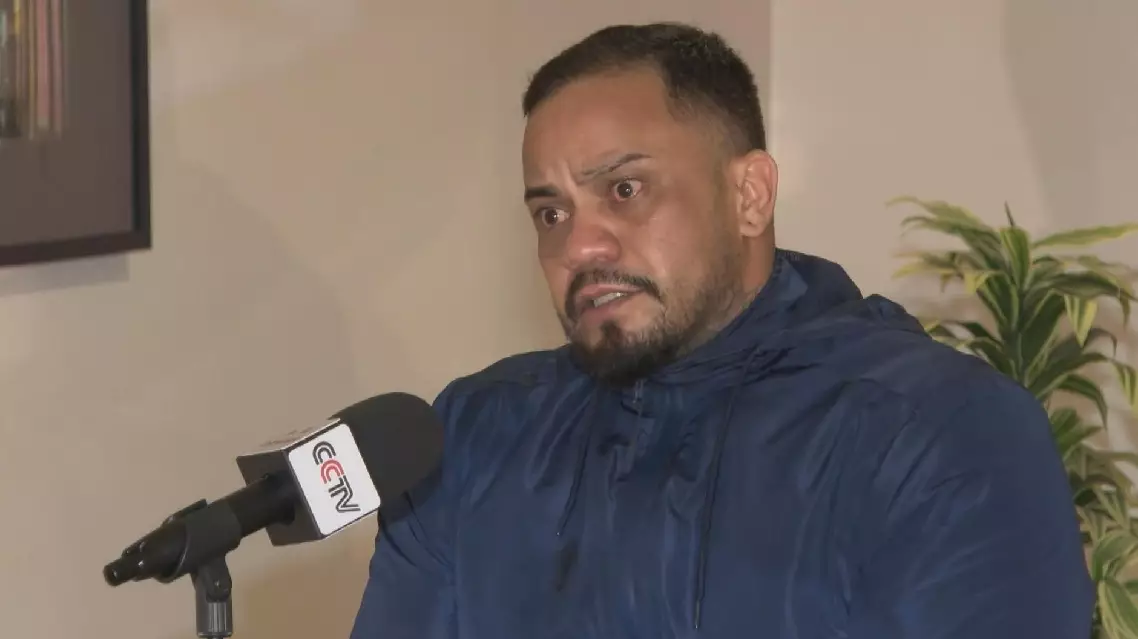
Brazilian deportee recounts inhumane treatment during flight from US



